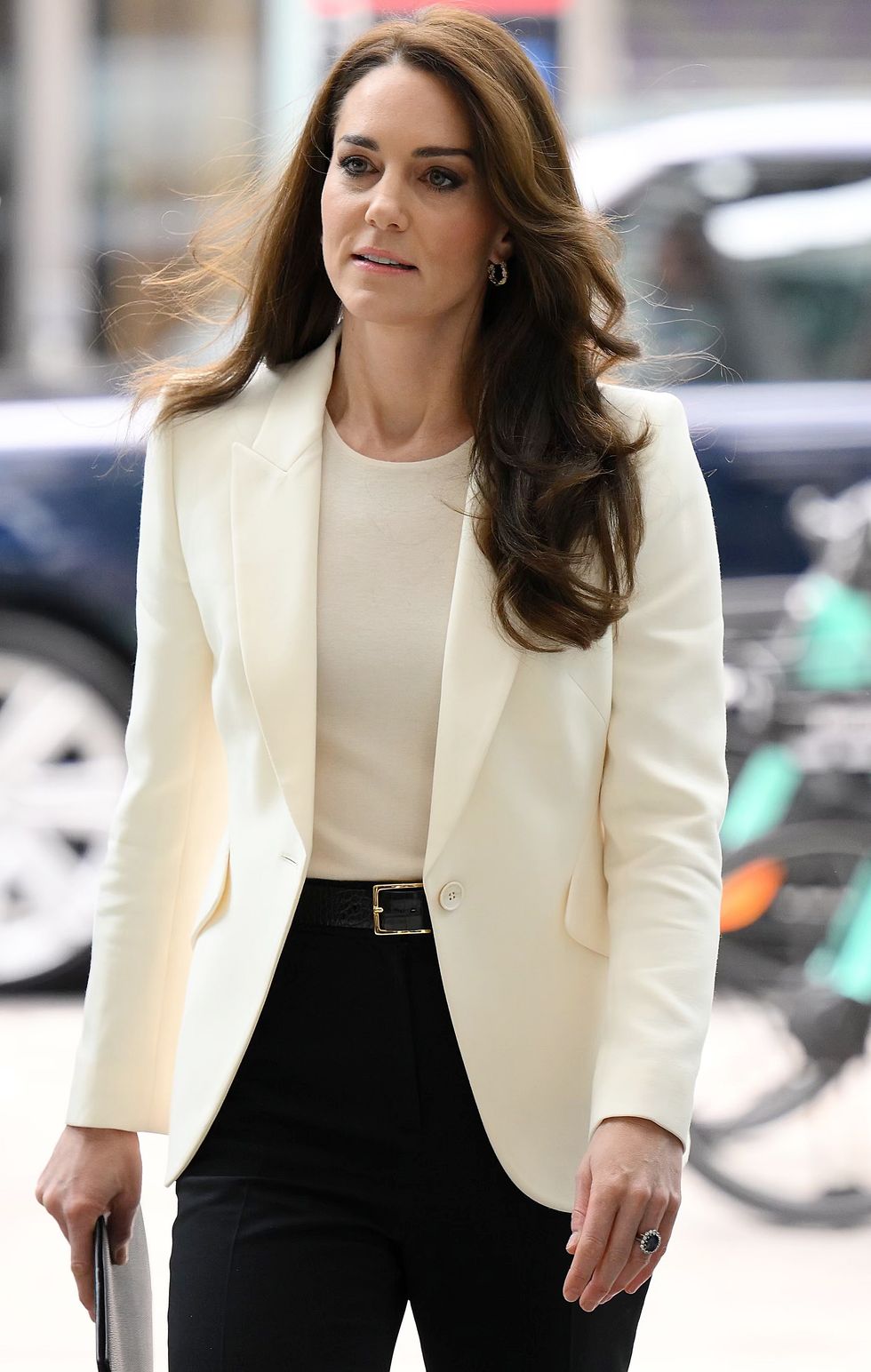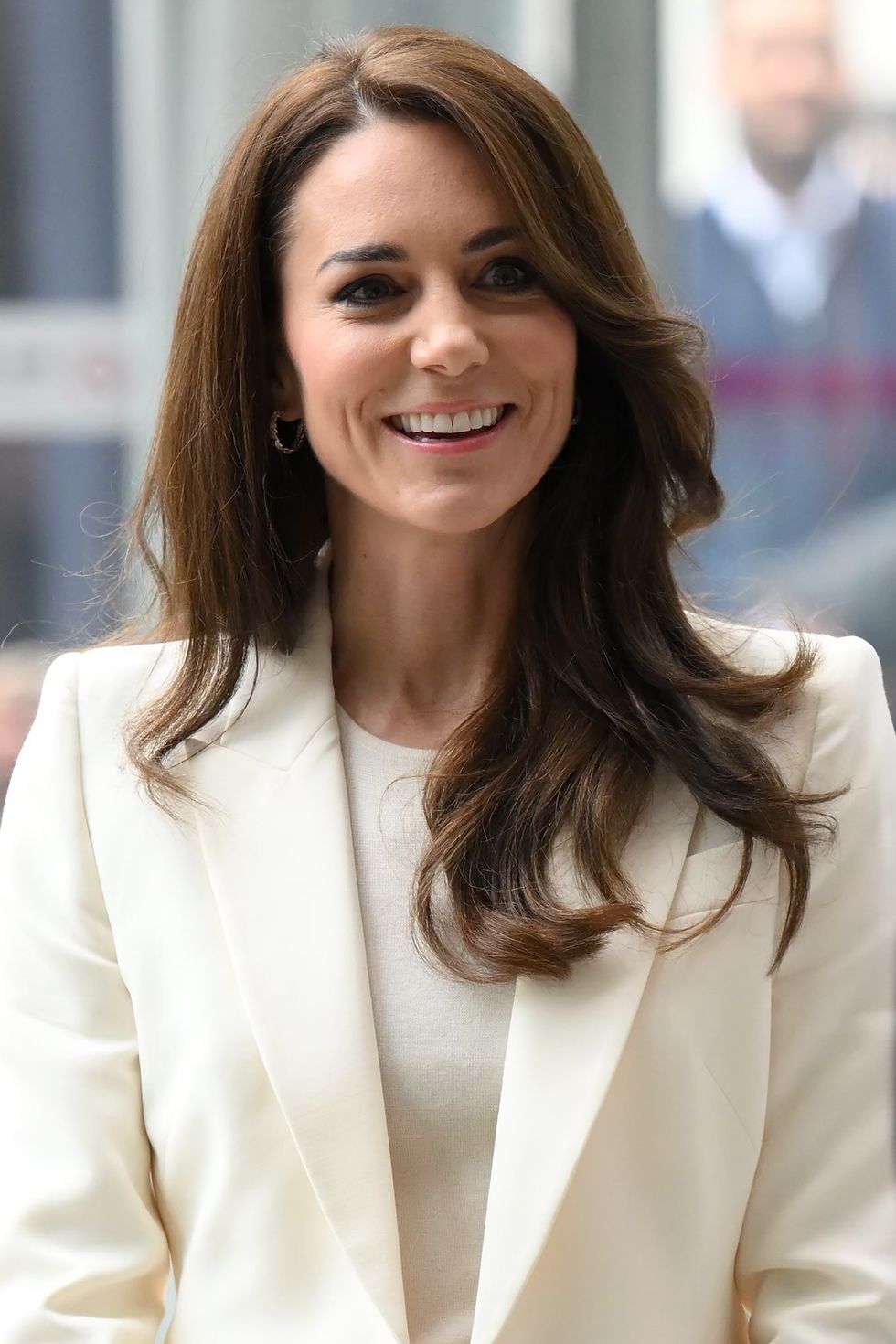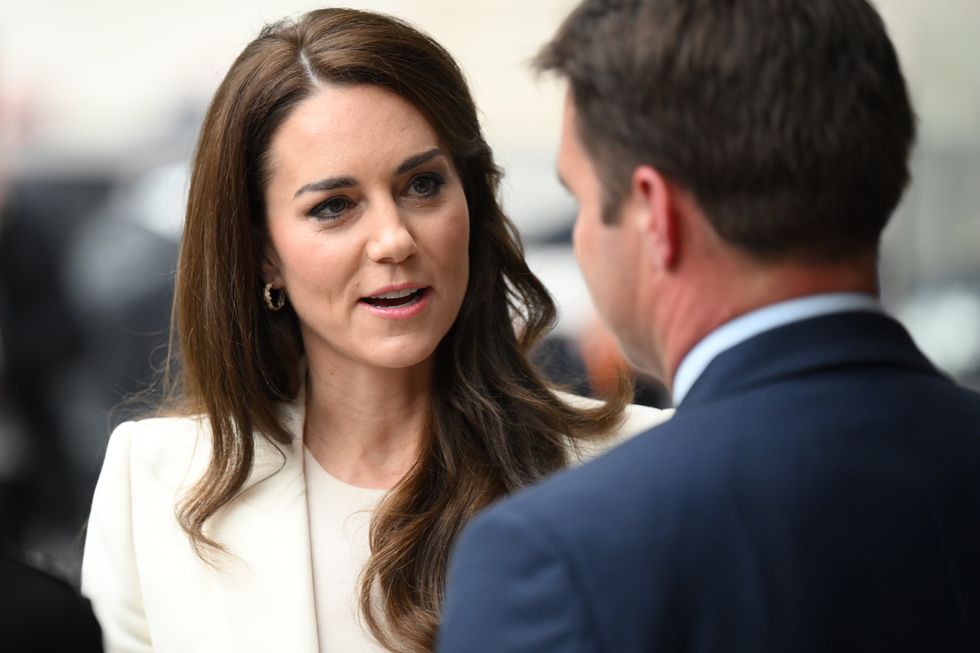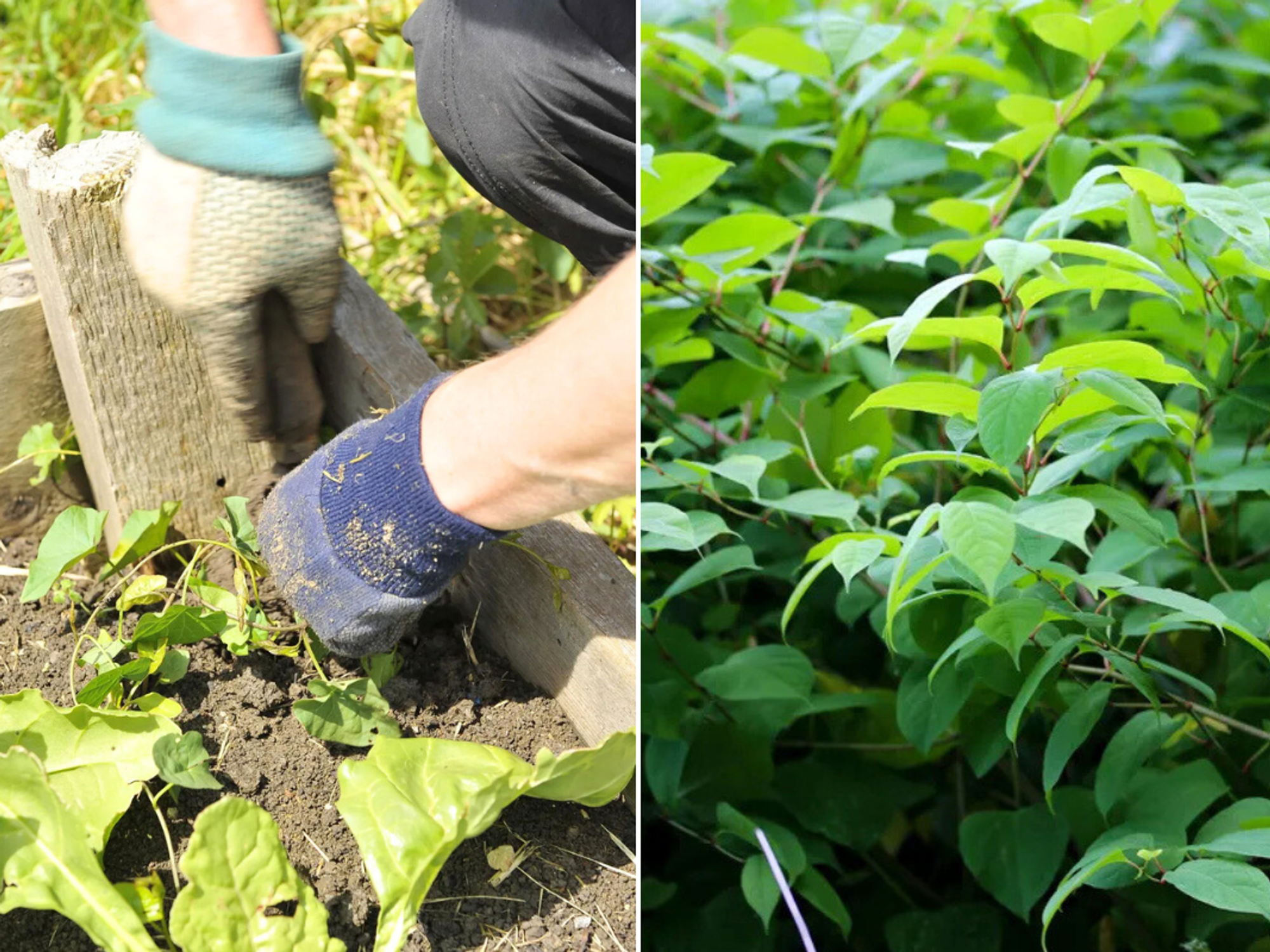Princess Kate inspires major change after issuing plea

Princess Kate visited a mother and baby unit at a women's prison as part of her work on early childhood.
|GB News

Deloitte's decision forms part of the royal's broader mission to transform attitudes towards early childhood which has been described as the Princess of Wales's "life's work"
Don't Miss
Most Read
Latest
Princess Kate has inspired Deloitte, one of Britain's leading businesses, to offer new fathers six months of fully-paid paternity leave.
This significant policy change came as a direct result of the Princess's advocacy for businesses to invest in early childhood development.
The move puts fathers on equal footing with new mothers at the firm, far exceeding the national minimum entitlement of two weeks' paid parental leave for fathers.
Deloitte's decision forms part of the royal's broader mission to transform attitudes towards early childhood, which has been described as her "life's work".
As a member of the Royal Foundation Business Taskforce on Early Childhood, Deloitte announced the enhanced paternity leave policy in September, partly driven by aims to increase the number of female partners at the firm.
The Princess has been actively encouraging business leaders to support new parents as part of her campaign to prioritise early childhood development.

Princess Kate has inspired Deloitte, one of Britain's leading businesses, to offer new fathers six months of fully-paid paternity leave.
|Getty
The Prince and Princess of Wales have themselves demonstrated their commitment to family life, with Prince William taking varying periods of paternity leave for each of their three children and stating in 2016: "I'm a new father and I take my duties and my responsibilities to my family very seriously."
The Royal Foundation Business Taskforce on Early Childhood was established in March 2023, comprising eight major companies: Aviva, The Co-operative Group, Deloitte, Iceland Foods, IKEA UK and Ireland, The Lego Group, NatWest Group and Unilever UK.
Last year, the taskforce published a report making the economic case for investing in early childhood, suggesting that supporting children and their caregivers could generate £45.5 billion in added value for the national economy annually.
The report, produced by Deloitte, highlighted how businesses can play a crucial role not just as economic engines, but as champions of childhood wellbeing and long-term societal health.

The Princess has been actively encouraging business leaders to support new parents as part of her campaign to prioritise early childhood development.
|Getty
The taskforce has already delivered impressive results, with funding provided for more than 1,300 early years teachers to take Teach First leadership qualifications and over 130 apprenticeships for midwives, health visitors and nursery nurses.
Lego has donated 3,000 "Emotions" building sets to early years providers across the UK, whilst Ikea launched a product range that raises money for baby banks.
Iceland Foods has created "emoji posters" designed to help young children communicate their feelings.
The Royal Foundation said these various initiatives would "support families and create a happier, healthier society".

The Royal Foundation said these various initiatives would "support families and create a happier, healthier society".
|Getty
Sir Ron Kalifa, the chairman of The Royal Foundation Business Taskforce for Early Childhood, expressed "deep pride" in its members for showing such strong leadership and rising to the challenge.
He said: "Their efforts have made a real, tangible difference in the lives of countless families with young children."
"This is only the beginning of what's possible. The road ahead is bursting with potential.
"By continuing to work hand-in-hand, we have the chance to reimagine the role of business in society not just as engines of economic activity, but as champions of childhood, wellbeing and long-term societal health."
LATEST ROYAL NEWS:
Taskforce members have committed to further extending their impact on early childhood development. NatWest has pledged to increase its lending target for early years providers to £250 million, having already reached £100 million.
Aviva will soon release a series of short films created for its 26,000 employees, aimed at helping managers and new parents feel more supported in the workplace.
The Co-op is developing resources for its six million members designed to improve understanding of how to nurture social and emotional development in children.
Sir Ron added: "These roles aren't just business functions they're incredible platforms for meaningful action."
The economic benefits of investing in early childhood are substantial, according to the taskforce's report. The economy could gain approximately £12.2 billion from "equipping people with improved social and emotional skills in early childhood".
A further £16.1 billion could be added by "reducing the need to spend public funds on remedial steps for adverse childhood experiences".
An additional £17.2 billion could come from "supporting parents and caregivers of under-fives".










